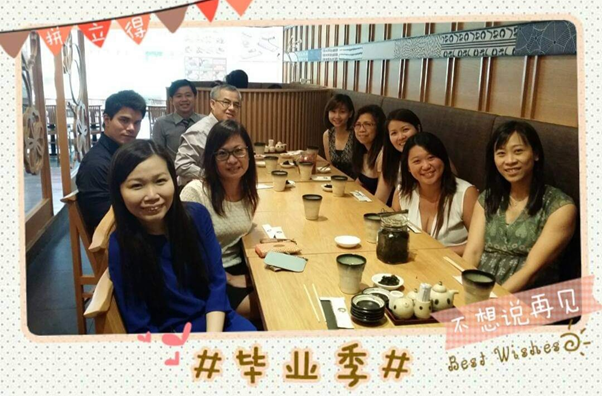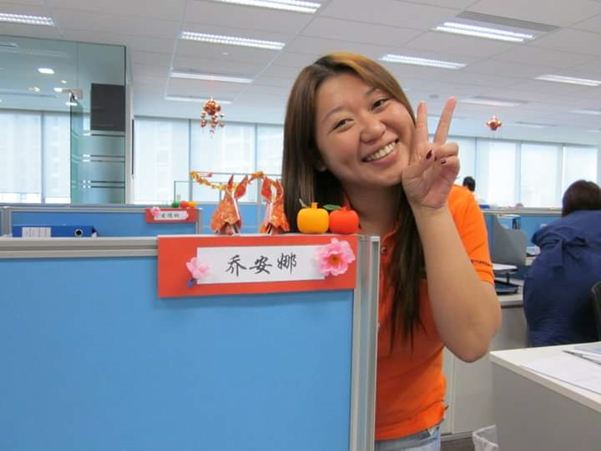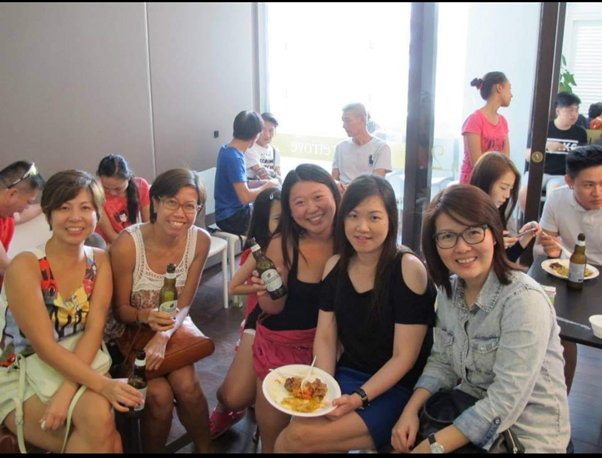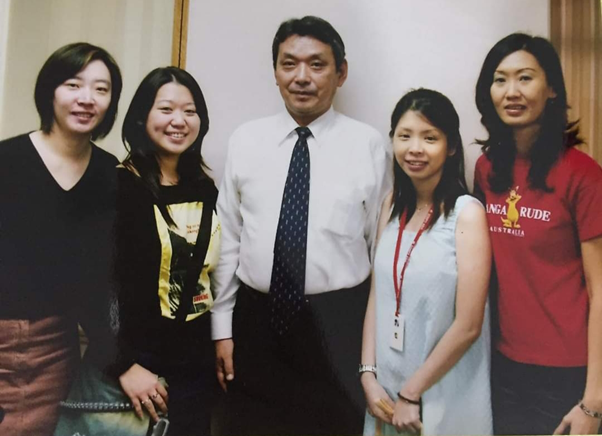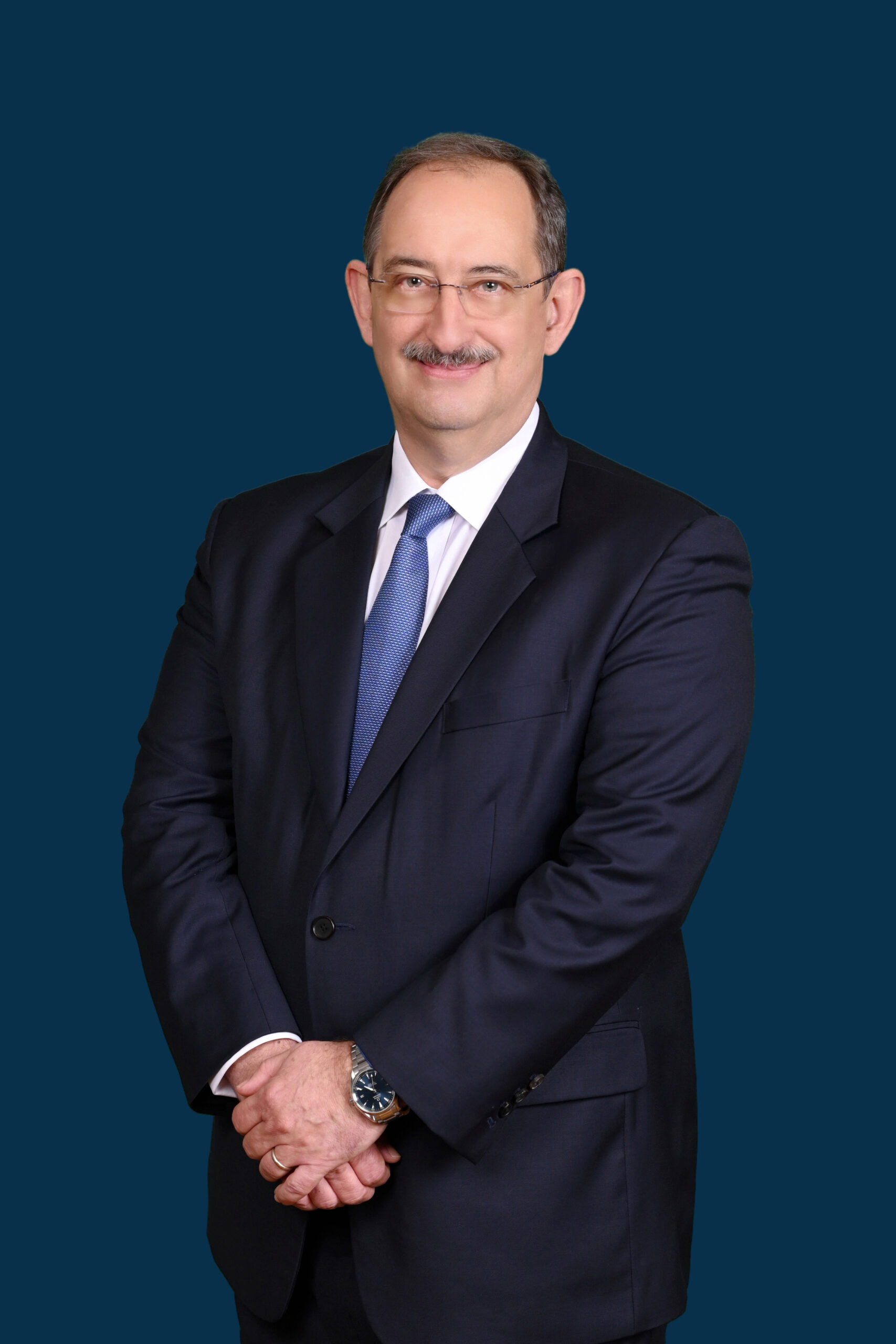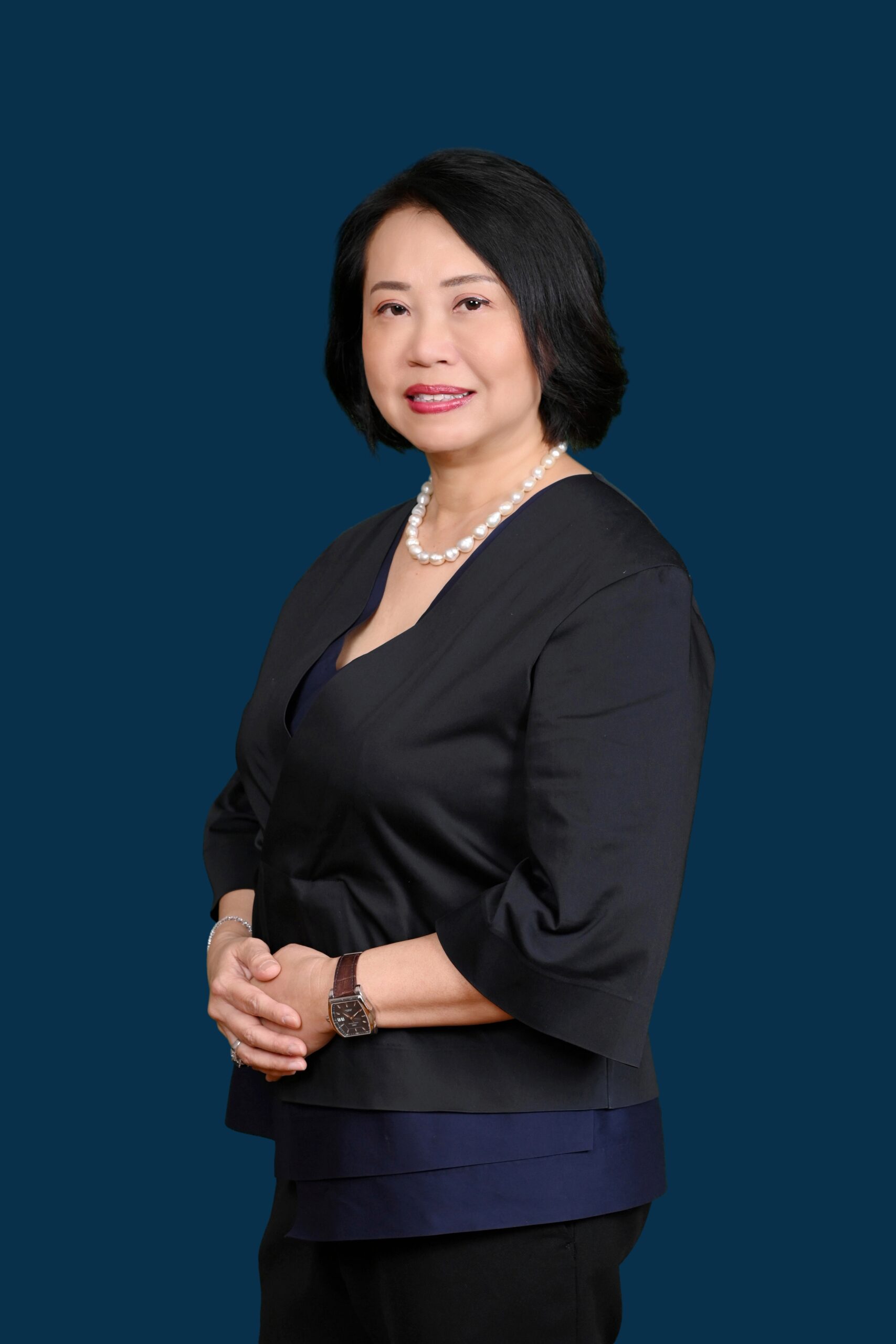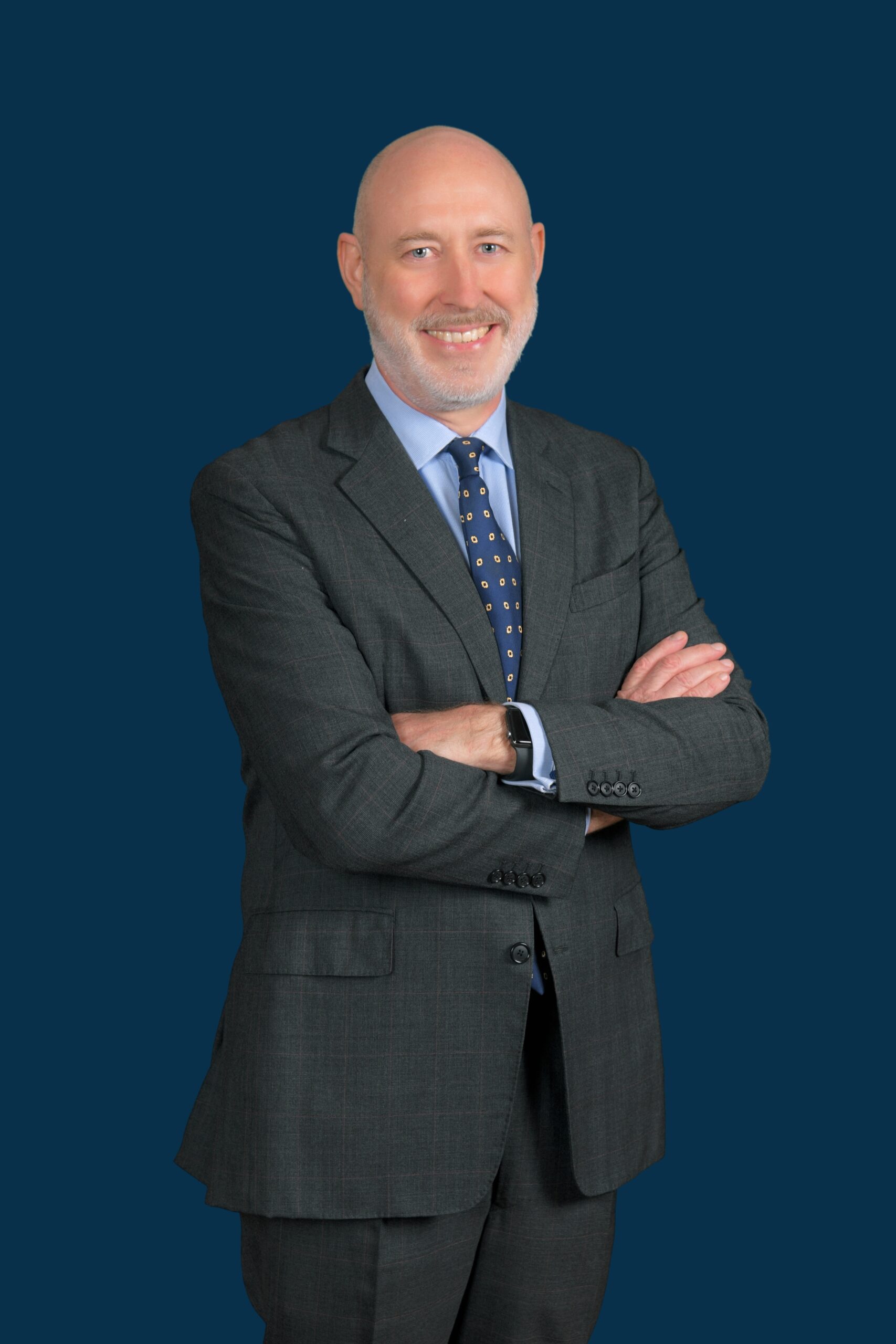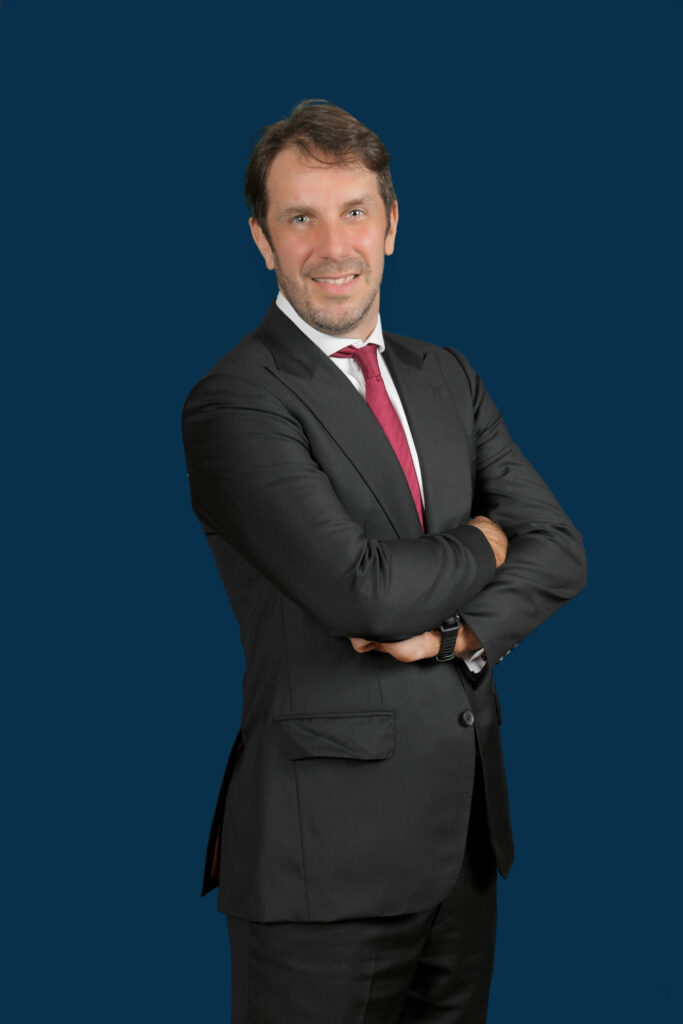Underwriters assess a risk and decide whether to accept the risk given the premium, terms and conditions of cover. At the same time, underwriters are the frontliners that source for business, provide quotations and service the client. The specific allocation of work may vary across corporations where some have a dedicated marketing team to reach out to clients. For insurance claims, this will be handled by the claims department.
On the qualification process, I did not pursue other qualifications apart from the mandatory ones that cover both marine and non-marine insurance. My underwriting skillsets are largely acquired through both self-learning and on-the-job training from my seniors. The Singapore College of Insurance (SCI) offers a Diploma in General Insurance and Risk Management and other more specific courses which is a great start to acquire knowledge.
Initially, I found it challenging because ships are not something you see daily. However, I learnt a lot and found the role to be fulfilling. I began with writing hull insurance and eventually expanded into writing cargo insurance too.
There is just something about maritime that draws you in, and people stay in it for a long time. Maritime is extremely collegial, and I have forged strong bonds with my clients and colleagues. Not only do they become my friends, but I have also learnt a lot from them.
For those considering a mid-career switch, marine insurance does not only consider your paper qualifications, but also your passion. If you are passionate about something and have the right mindset, you will do well.
One must have the desire to keep learning. Maritime does not only cover Singapore or the Asia Pacific region, but it exists on a global scale. From your customers’ business processes to their trading operations, there are plenty of opportunities for you to expand your knowledge.
Underwriters must be prompt with our response, not just for quotations but also claims. Since underwriters are the ones that present the quotation, clients often reach out to underwriters first before contacting the claims department when they wish to make a claim.
As marine insurance uses old English for its clauses, I had to familiarise myself with the language. However, this was not insurmountable, and I found it to be rather enriching.
The current marine insurance market is extremely competitive where risk premiums are at cut-throat levels that favour the insurance buyers. One key challenge for underwriters is to find ways to make an underwriting profit despite the challenging market environment.
Company Gatherings (Photo taken pre Covid-19)
As a marine underwriter, I do not want to restrict myself to a specific class of business. An area that I want to explore is marine liabilities. Also, as I have only been underwriting marine cargo for 3 years, I wish to further my knowledge in this area.
I am fortunate that the cases I oversee have yet to incur huge losses. My colleagues on the other hand, have experienced a few interesting ones.
The first case involves a cargo transporting corn kernels into Singapore. Due to the heat, humidity and long journey, the corn kernels unfortunately became popcorn by the time the container arrived in Singapore.
There was another claim where a container of onion bulbs sprouted into spring onions on the ship’s journey. Consequently, part of the cargo was lost, and the damages were not claimable because it excluded damages that arise from poor packaging.
These incidents illustrate the different risks that we encounter, and the dynamic nature of the cases we deal with motivates me.
The industry introduces you to a breadth of knowledge. You will be exposed to a variety of industries without having to work in them. For example, I have dealt with logistics companies that have to insure their cargo. Through underwriting, I have learnt more about their operational processes such as the way items are packed and shipped.
As highlighted by Joana, maritime opens doors that extend beyond the industry. Be a part of an international community that presents endless opportunities.

